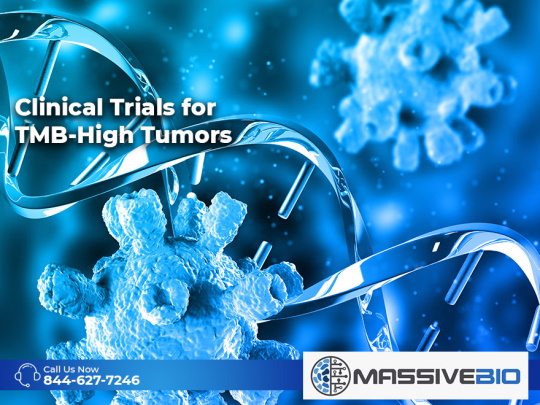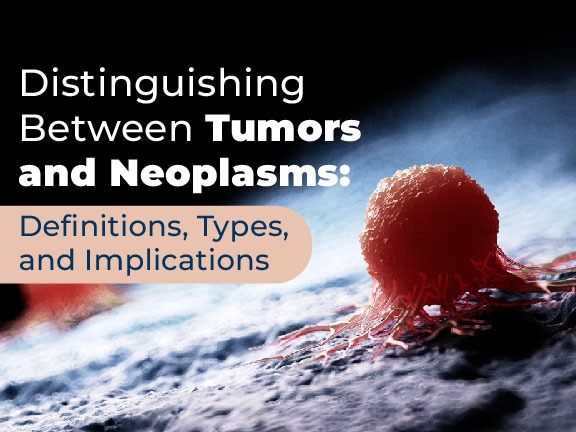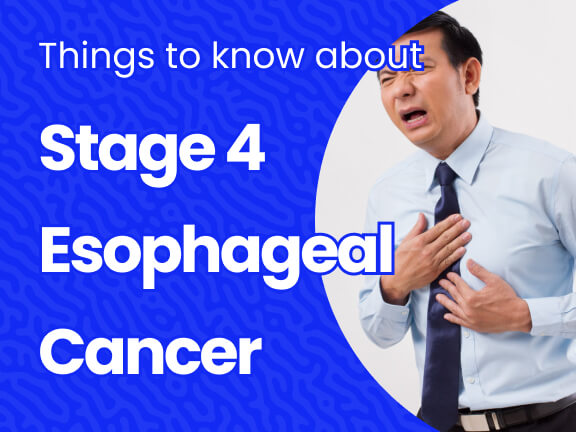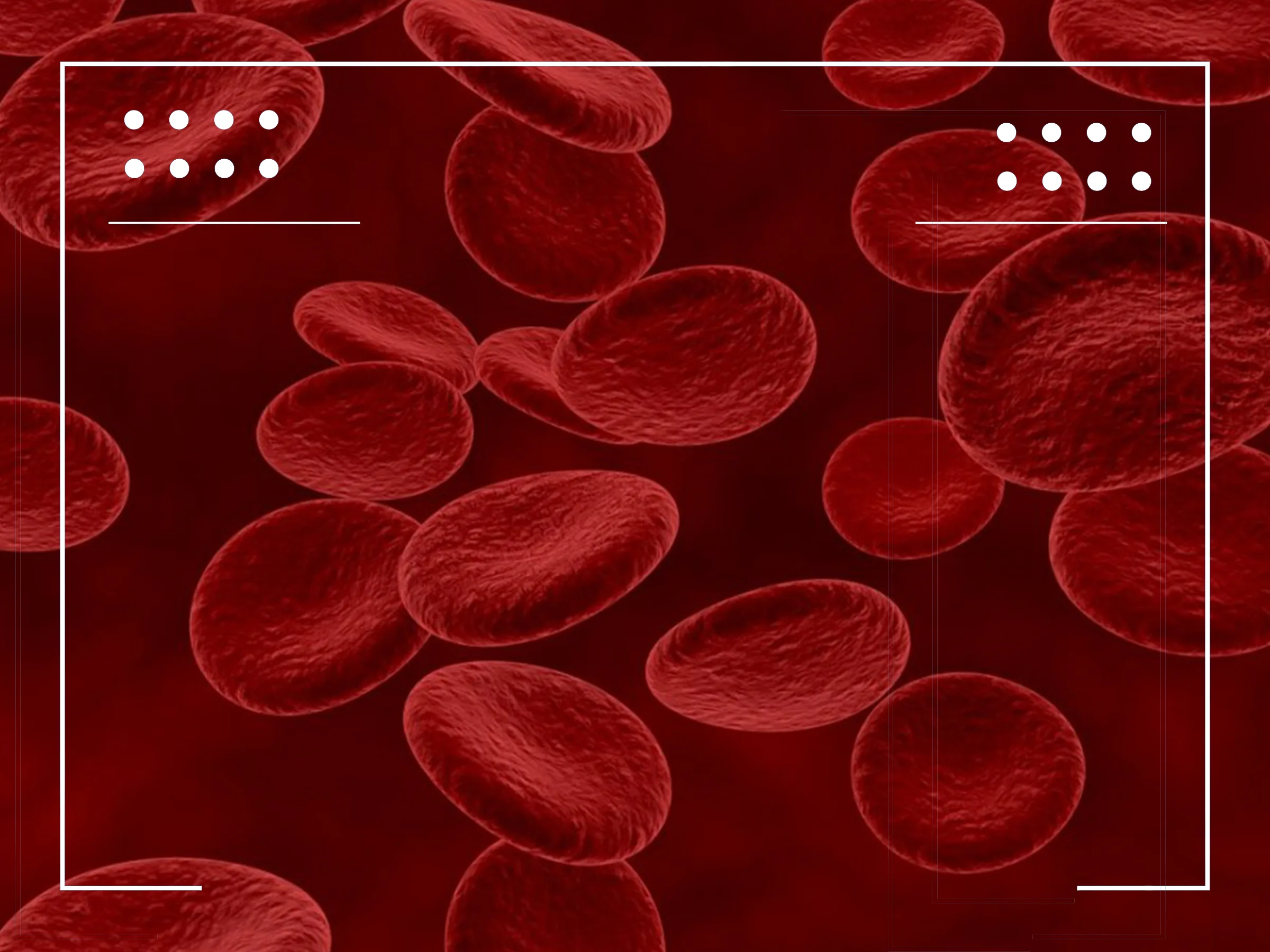Clinical Trials for TMB-High Tumors refer to research studies investigating new treatments for cancer patients that have many individual mutations found in the DNA of their cancer cells. The more mutations found in the cancer cells, the higher the Tumor Mutational Burden (TMB). Those who do not have mutations present in cancer cells have a low TMB.
Although having more mutations present can cause the cancer to progress and complicate standard treatments, the cancer is more likely to respond to immunotherapies and give access to targeted treatments. The classifications can vary, but according to Molecular Cancer Therapeutics, a cancer patient’s TMB is graded by:
- Low: Less than or equal to 5 mutations per megabase
- Intermediate: Between 5 and 20 mutations per megabase
- High: Between 20 and 50 mutations per megabase
- Very high: More than 50 mutations per megabase
A megabase is a unit of length for DNA fragments. 1 megabase is roughly 1 million nucleotides, or 1 centimorgan. The lower a patient’s TMB, the less likely they are to respond to immunotherapy drugs because the drug searches for the abnormalities (mutations) within the cell to attack them.
How is TMB Determined in Cancer Patients?
Clinical trials for High-TMB tumors are only available if the mutations are identified in the cancer patient’s tumor. Next Generation Sequencing (NGS) looks at the entire genetic makeup of the tumor, which can help gauge how high the patient’s TMB is. Or, doctors will test a targeted set of genes, which is more inexpensive and common form of testing. Once the mutations within a tumor’s DNA are identified, doctors will have a better idea of how effective an immunotherapy can be. For patients with low TMB, there are less mutations for the immunotherapy drug to attack, thus standard treatments are typically preferred. Each cancer type has a wide variety in the levels of TMB per patient, but some are more likely to be higher than others.
The cancer types with the highest TMB include:
- Lung cancer
- Cervical cancer
- Kidney cancer
- Skin cancer
The cancer types with the lowest TMB are:
- Myeloproliferative disorders
- Myelodysplastic syndromes
- Bone cancer
- Soft tissue cancers
- Adrenal cancer
- Thymus cancer
High-TMB Tumor Clinical Trials
Last year, the first drug for patients with high TMB was approved. The new drug, Keytruda, is an Immune Checkpoint Inhibitor (ICI), which allows the immune system to recognize the abnormalities within cancer cells and attack them. Keytruda can be used for many cancer types, including:
- Lung cancer
- Head and neck cancer
- Stomach cancer (gastric)
- Liver cancer
- Kidney cancer
- Some lymphomas
- Bladder cancer
There are currently 16 clinical trials available specifically for high TMB cancer patients. However, there are many more trials for new immunotherapy drugs that are being researched. For those with an intermediate or higher TMB, they may benefit from immunotherapies and should ask their doctor if a clinical trial is right for them.
Sources:
https://www.cancer.org/tumor-mutational-burden
https://www.cancertodaymag.org/What-Is-Tumor-Mutational-Burden
https://mct.aacrjournals.org/TMB
https://news.cancerconnect.com/tumor-mutational-burden












